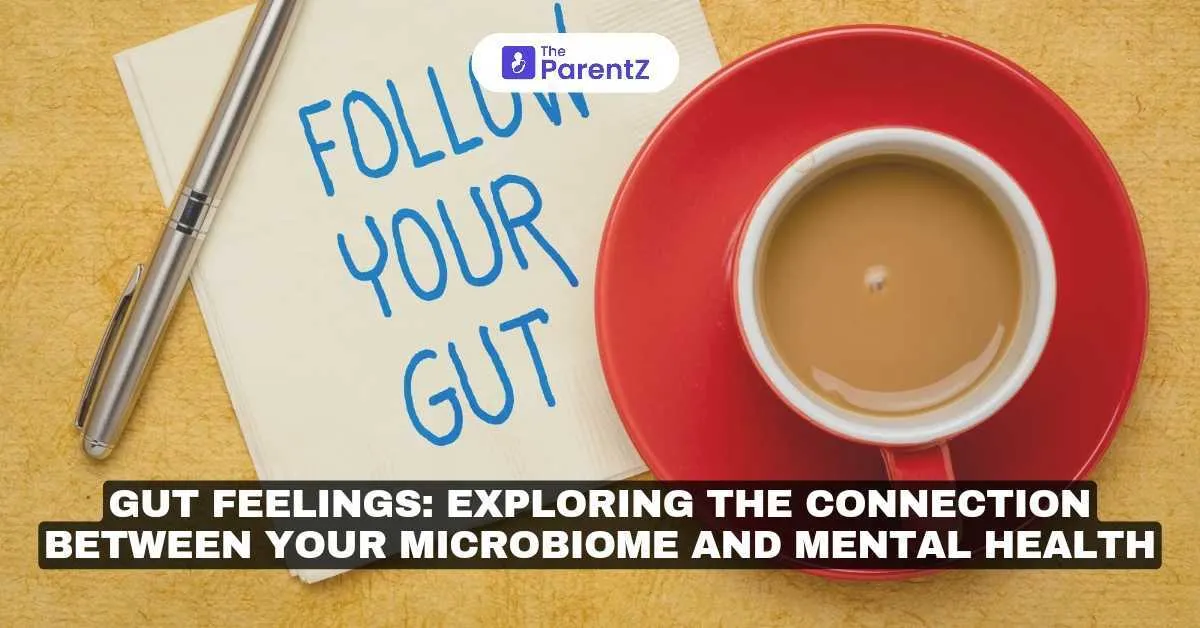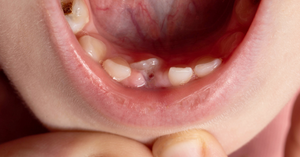In recent years, the gut has gained attention as the “second brain” due to its complex interactions with the brain and mental health. This connection, known as the gut-brain axis, is a communication network linking the gut and brain through nerve pathways, hormones, and immune signals. At the heart of this axis is the gut microbiome—a diverse community of microorganisms in the digestive tract. Research shows that our gut bacteria influence not only digestion but also mood, stress, and cognition.
What is the Gut-Brain Axis?
The gut-brain axis is a complex communication network linking the gut and brain. This system includes three main communication channels:
• Nerve Signals: The vagus nerve, which connects the brain and gut, is a major pathway for transmitting signals back and forth.
• Hormones and Neurotransmitters: The gut produces neurotransmitters like serotonin, dopamine, and GABA, which impact mood, sleep, and stress responses.
• Immune System Signals: The gut microbiome interacts with the immune system, influencing inflammation levels and brain health.
This bidirectional relationship means that the brain affects gut health, and the gut can influence mental states.
How the Microbiome Affects Mental Health
a. Influence on Mood and Emotions
• Serotonin Production: Approximately 90% of serotonin, a neurotransmitter associated with happiness and well-being, is produced in the gut. Imbalances in gut bacteria can disrupt serotonin levels, impacting mood.
• GABA Production: Certain gut bacteria produce GABA, a calming neurotransmitter that helps reduce anxiety and improve relaxation. Changes in gut health can affect GABA production, leading to increased stress or anxiety.
b. Link to Depression
• Microbial Diversity: Low microbial diversity has been linked to higher rates of depression. Diverse gut bacteria help build resilience to stress and support emotional stability.
• Inflammation and Depression: An imbalanced microbiome, or dysbiosis, can lead to inflammation in the body. Inflammation is strongly associated with depression and other mood disorders.
c. Impact on Cognitive Function
• Gut-Bacteria Derived SCFAs: Short-chain fatty acids (SCFAs) produced by gut bacteria reduce inflammation, support brain health, and may help enhance cognitive function.
• Memory and Focus: Research suggests that an unhealthy gut microbiome may contribute to cognitive decline and impact memory, focus, and mental clarity.
Factors That Affect the Gut Microbiome
A variety of factors influence the balance of bacteria in the gut, which in turn impacts mental health.
• Diet: High-fiber foods, probiotics, and prebiotics support beneficial bacteria, while processed foods and excess sugar can damage gut health.
• Medications: Antibiotics and other medications disrupt the microbiome, potentially reducing beneficial bacteria and increasing susceptibility to mental health issues.
• Stress Levels: Chronic stress affects gut bacteria, impacting digestion and increasing the risk of anxiety, depression, and other mood disorders.
How to Support Gut and Mental Health
a. Follow a Gut-Friendly Diet
• Fiber-Rich Foods: Fruits, vegetables, and whole grains support beneficial gut bacteria.
• Probiotics: Fermented foods like yogurt, kefir, sauerkraut, and kimchi introduce beneficial bacteria to the gut.
• Prebiotics: Foods like garlic, onions, and bananas feed beneficial bacteria, helping them thrive.
b. Manage Stress
• Mindfulness and Meditation: These practices reduce stress, positively impacting the gut-brain axis.
• Exercise: Physical activity supports gut health by increasing microbial diversity and offers mental health benefits.
c. Limit Processed Foods and Sugars
• Processed foods and high sugar intake can disrupt the gut microbiome and lead to inflammation. Opt for whole, natural foods to support both gut and brain health.
d. Consider a Probiotic Supplement (with Medical Guidance)
• If you’ve taken antibiotics or have specific gut concerns, probiotics may help restore balance. Consult a healthcare provider before beginning any new supplements.
Conclusion
The gut-brain connection reveals how closely mental health is linked to the state of our gut microbiome. By supporting a healthy and diverse microbiome through diet, stress management, and lifestyle choices, we can promote both mental well-being and physical health. Prioritizing gut health is a powerful step toward building resilience, reducing stress, and supporting overall wellness. As research continues, the evidence grows clearer that taking care of our gut is an essential aspect of taking care of our mind.






